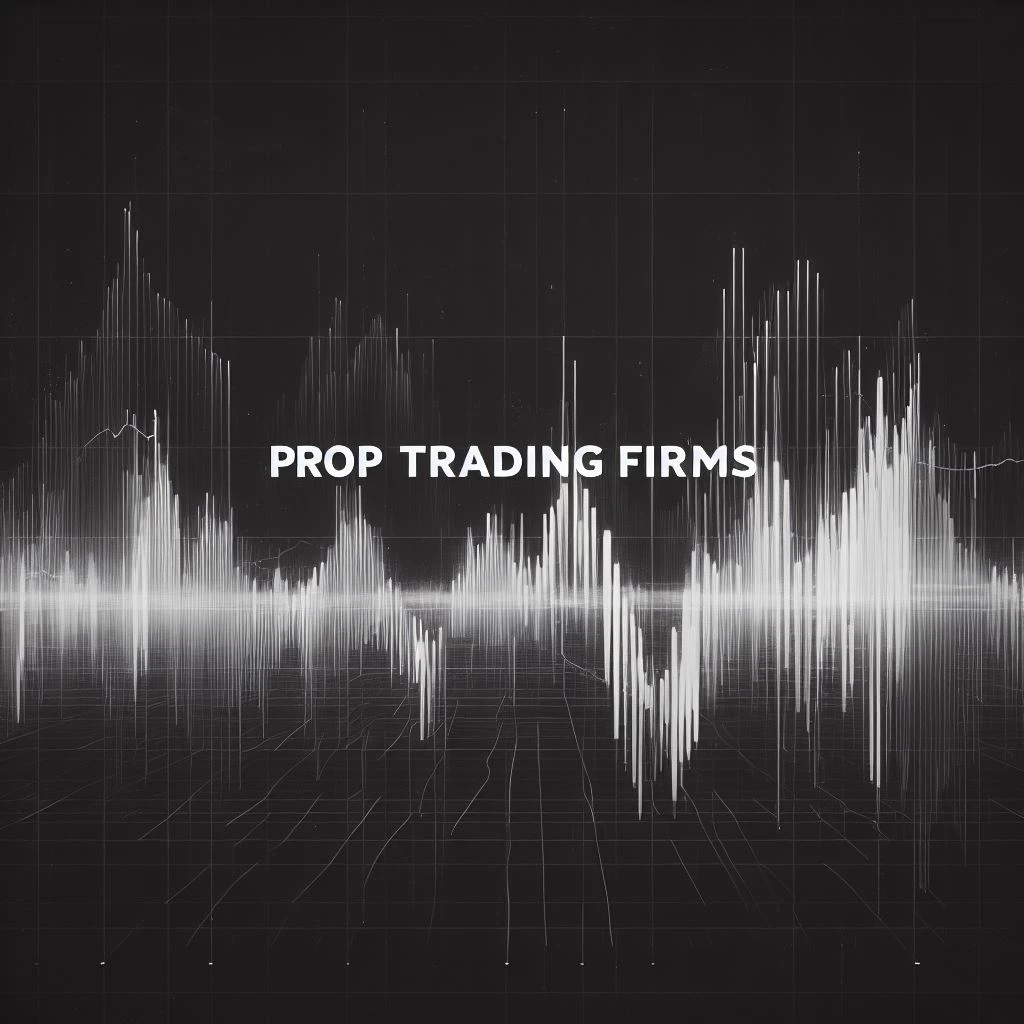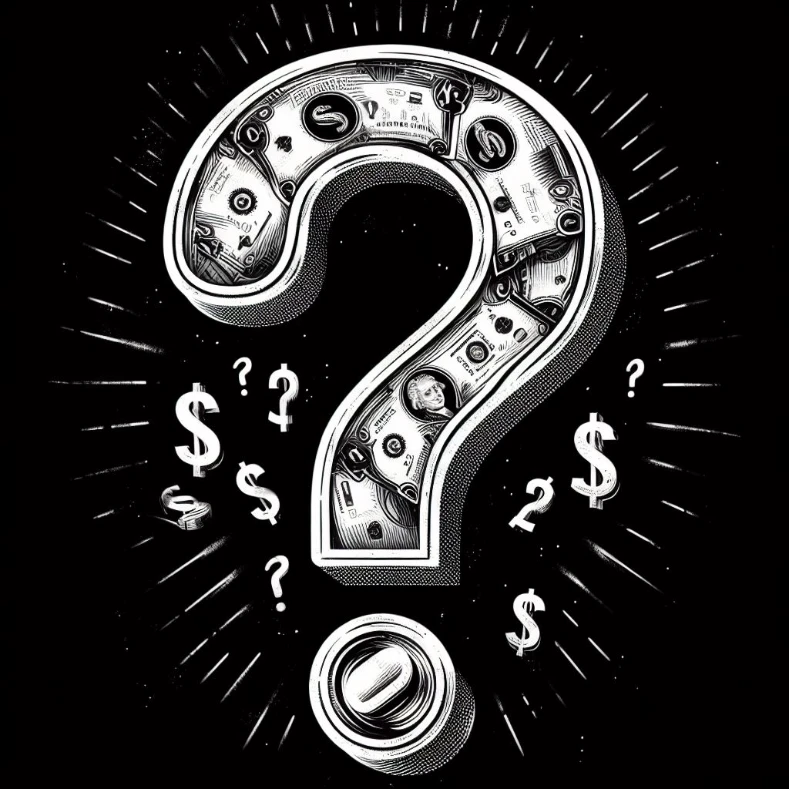What Is B Booking?
Welcome to the world of Forex trading, where currencies are exchanged, fortunes are made, and, unfortunately, where many also lose. If you’re stepping into this high-stakes arena, one term you absolutely need to understand is, what is B Booking?
Understanding the different broker models in Forex trading is not just jargon—it’s crucial for your trading strategy and risk management. Today, we’re going to delve into the concept of B Booking, a practice that has both its advocates and critics in the trading world.
The Forex Trading Landscape
Before we explain what is B Booking, let’s set the stage by understanding the broader Forex trading landscape.
The Role of Brokers
In Forex trading, brokers act as the gateway to the currency market. They facilitate your trades, giving you access to buy and sell currencies. Now, not all brokers are created equal. There are mainly two types of brokers in this space: A Book and B Book brokers.
👉 A-Book Brokers: These brokers pass your trades directly to the liquidity providers. They make money by charging you a commission or a spread.
👉 B-Book Brokers: These are the brokers we’re focusing on today. They take the other side of your trade and keep it “in-house,” meaning they don’t pass it on to a liquidity provider.
Key Statistics
Before we move on, let’s look at some sobering statistics that underscore the importance of understanding broker models:
- 90/90/90 Rule: 90% of new traders lose 90% of their money in 90 days. This is a staggering number and one that should make you sit up and take notice. If you’re trading with a B Book broker, this statistic becomes even more relevant.
- The Massive Volume of Forex Trading: The Forex market is enormous, with a daily trading volume exceeding $6 trillion. This sheer size offers both opportunities and risks, especially when you’re dealing with B Book brokers.
What Is B Booking?
So, you’ve got a grasp of the Forex landscape and the role of brokers. Now, let’s dig into the meat of the matter: B Booking. This is where things get really interesting, especially if you’re keen on understanding the nuances that could impact your trading journey.
What Does It Mean to Be B Booked?
When you’re “B Booked,” it essentially means that the broker takes the opposite side of your trade. Instead of passing your trade to a liquidity provider, the broker keeps it “in-house.” In layman’s terms, if you win, they lose; if you lose, they win. It’s like a zero-sum game where the broker is your direct opponent.
How B Book Brokers Operate
B Book brokers operate by taking on the market risk of your trade. They don’t hedge your trade with a liquidity provider, which means they fully accept the risk of taking the opposite position. This can be both lucrative and risky for the broker, as we’ll explore later.
How Does B Book Work?
Now that we’ve defined B Booking, let’s look at the mechanics of it.
The Process of Trade Execution in B Book
When you place a trade with a B Book broker, the trade doesn’t leave the broker’s system. Your buy or sell order is matched internally. If you lose the trade, the loss adds to the broker’s profits. Conversely, if you win, the broker takes a hit. It’s a direct one-on-one relationship with your broker.
B Booking vs A Booking
Alright, let’s put B Booking in perspective by comparing it with its counterpart, A Booking.
Comparison of A Book and B Book Models
- A Book: Your trades are passed on to liquidity providers. The broker earns through spreads or commissions but doesn’t take a position against you.
- B Book: Your trades are kept in-house. The broker takes the opposite position and profits if you lose.
Pros and Cons of A Book
- A Book Pros: No conflict of interest, often lower spreads, more transparency.
- A Book Cons: Commissions can add up, less profitable for the broker, potentially less favorable trading conditions.
Pros and Cons of A Book
- B Book Pros: Fixed spreads, instant trade execution, more profitable for brokers.
- B Book Cons: Conflict of interest, the broker profits when you lose, potential for price manipulation.
There you have it! We’ve broken down what B Booking is, how it operates, and how it stacks up against A Booking. In the next section, we’ll delve into why brokers choose to B Book and what that means for you as a trader.
Why Do Brokers Opt for B-Booking?
So, you’ve got the lowdown on what B Booking is and how it compares to A Booking. But a burning question remains: Why do brokers choose to B Book? Is it all about the money, or is there more to it?
Profit Generation
How B Book Brokers Make Profits
The primary reason brokers opt for B Booking is simple: Profit. When you lose a trade, the broker gains the exact amount you lost. It’s a direct transfer of wealth from your account to the broker’s coffers. Most prop trading firms also put new traders in B Booking. Once you start to scale in their program and show that you are profitable, they will then move you to A Booking.
The Concept of Betting Against Traders
Think of it like a casino. In a game of blackjack, the house (in this case, the broker) is betting that you’ll lose. And given that a high percentage of traders do end up losing, the odds are often in the broker’s favor.
The Risk Management Dilemma
Market Risk and Conflict of Interest
While B Booking can be profitable, it’s not without its risks. The broker is essentially taking on market risk by not hedging the trade. If you win, they lose. This creates a conflict of interest, as the broker might be tempted to manipulate prices or spreads to tilt the odds in their favor.
The Broker’s Risk When Traders Win
Here’s the kicker: If a trader starts winning consistently, the broker starts losing money. This is why some B Book brokers or even prop firms, move successful traders to an A Book model, where the trades are passed on to liquidity providers, thereby eliminating the conflict of interest.
Legal Aspects
Is B Booking Legal?
You might be wondering, “Is all of this even legal?” The short answer is yes. B Booking is a legal practice, but it’s heavily regulated to protect traders from fraudulent activities.
Regulatory Frameworks
Different countries have various regulatory frameworks that brokers must adhere to. For example, in the U.S., brokers are regulated by the Commodity Futures Trading Commission (CFTC) and the National Futures Association (NFA). These organizations set guidelines to ensure that brokers operate transparently and fairly.
We’ve dissected why brokers opt for B Booking, the risks involved, and the legal landscape surrounding it. In the next section, we’ll delve deeper into the business model of B Book brokers and what that means for you as a trader.
Risks and Benefits for Traders
So far, we’ve been looking at B Booking from the broker’s perspective. But what does it mean for you, the trader? Let’s weigh the pros and cons to give you a balanced view.
Risks Involved
- Market Risk with Broker’s Own Capital: When you’re trading with a B Book broker, remember that the broker is using its own capital to take the opposite side of your trade. If the broker goes bust, there’s a risk that you might not get your money back.
- Conflicts of Interest: As we’ve mentioned before, the broker stands to gain when you lose, creating an inherent conflict of interest. While regulations exist to curb malpractice, the risk of price manipulation or spread widening can’t be entirely ruled out.
Benefits and Strategies
- Fixed Spreads: One of the advantages of trading with a B Book broker is the availability of fixed spreads, which can be particularly useful during high-volatility events.
- Instant Trade Execution: B Book brokers often offer instant trade execution since they’re not passing your trades onto a liquidity provider. This can be a significant advantage in fast-moving markets.
Identifying Your Broker’s Model
Alright, now that you know the risks and benefits, how can you tell if you’re being B Booked? And what should you do about it?
Signs You Are B Booked
How to Tell if a Broker is A Book or B Book
Look for clues in the trading conditions. Fixed spreads and instant trade execution are often signs of a B Book broker. Additionally, you can ask the broker directly or consult online reviews and forums for insights.
Tools and Strategies for Identification
Some traders use software tools that analyze trade execution times and spreads to determine the broker’s model. However, the most reliable method is to ask the broker directly.
What to Do If You Are B Booked
If you find out you’re being B Booked and are uncomfortable with it, consider these steps:
- Consult the Broker: Ask if they offer A Book accounts and consider switching.
- Diversify: Use multiple brokers to spread your risk.
- Stay Informed: Keep an eye on trading conditions and be alert to any changes that might suggest unfair practices.
The Ethical Debate and Conflict of Interest
We’ve talked about the mechanics and the business side of B Booking, but what about the ethical implications? Let’s explore the controversies and debates that surround this practice.
The Controversy Surrounding B-Booking
Potential for Broker Manipulation
One of the most heated debates in the Forex community revolves around the potential for broker manipulation in a B Book model. Since the broker stands to gain when you lose, skeptics argue that this sets the stage for unethical practices like price manipulation or artificial widening of spreads.
The Conflict of Interest in B-Booking
The inherent conflict of interest is hard to ignore. You’re essentially trading against your broker, which raises questions about the fairness and transparency of such a model. While regulations aim to keep brokers in check, the potential for conflict remains a significant concern.
A-Book vs B-Book: The Sustainability Question
On the flip side, operating as a pure A-Book broker isn’t a walk in the park either. With tight margins and a high percentage of traders losing their accounts, the sustainability of a pure A-Book model is often questioned.
The Hybrid Model Approach
Many brokers opt for a hybrid model, combining A-Book and B-Book strategies to balance risk and revenue. This approach allows them to hedge against large, successful traders while profiting from the losses of smaller, less experienced traders. This is probably the model that most prop trading firms follow.
Conclusion
We’ve covered a lot of ground in this article, from understanding what B Booking is to its ethical implications. The practice has its pros and cons, both for brokers and traders, and it’s crucial to be aware of these as you navigate the Forex market.
If you’re trading Forex, it’s essential to understand your broker’s model. Whether it’s A-Book or B-Book, each comes with its own set of risks and benefits. Always do your due diligence, and don’t hesitate to switch brokers if you’re uncomfortable with their practices.
Frequently Asked Questions
What does it mean to be B Booked?
Being B Booked means your broker takes the opposite side of your trade and keeps it in-house.
Is B Book legal?
Yes, B Booking is legal but is subject to regulatory oversight to protect traders.
How does B Book work?
In B Booking, the broker takes the opposite side of your trade and does not hedge it with a liquidity provider.
How do you tell if a broker is A Book or B Book?
Fixed spreads and instant trade execution are often signs of a B Book broker. For a more accurate assessment, you can ask the broker directly.
What is the conflict of interest in B-Booking?
The broker stands to gain when you lose, creating a potential conflict of interest.












